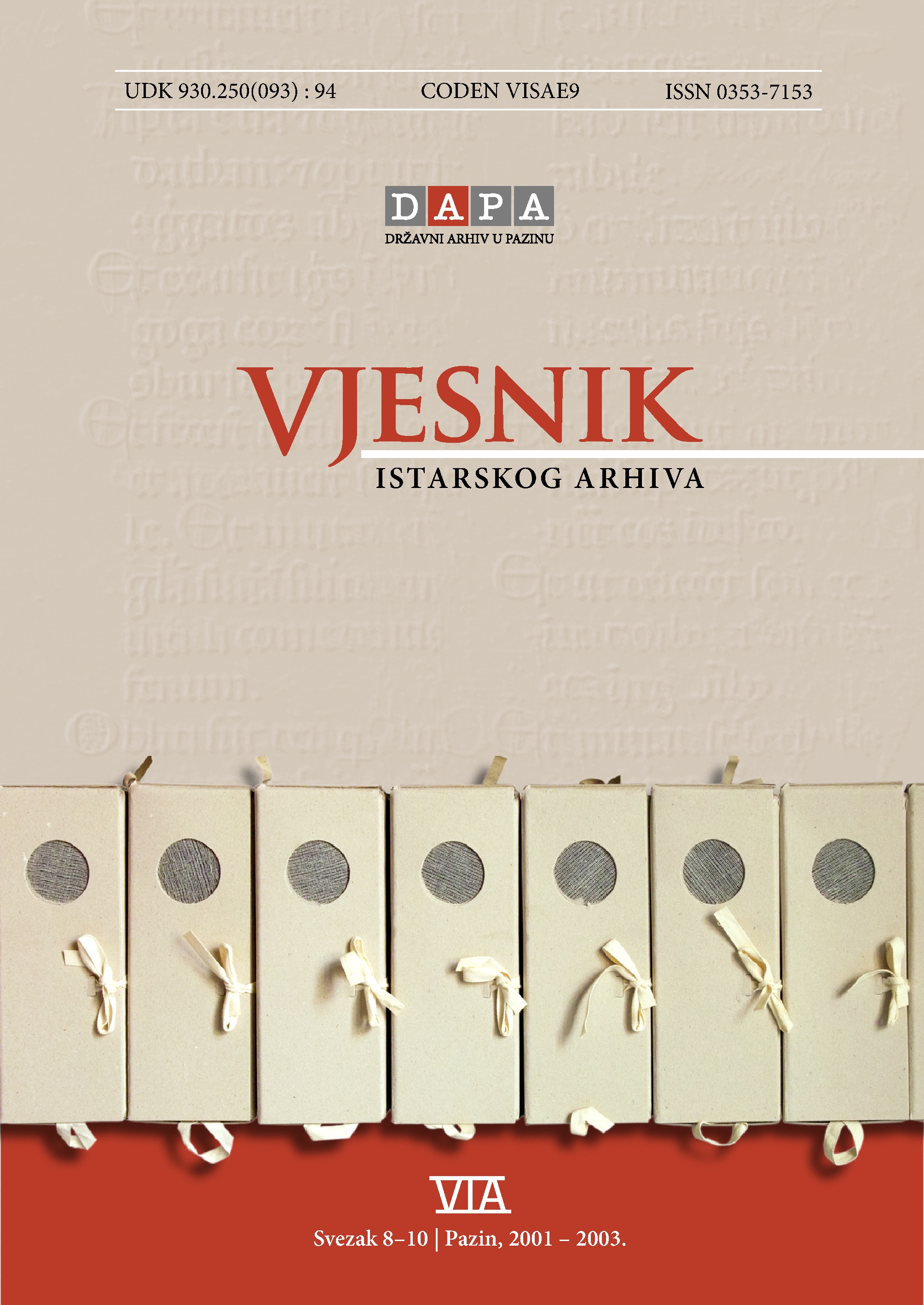Professional Training of Archivists, New Figures and Forms
Abstract
The author has divided this work in seven parts, i.e.: The Urgency of Professional Training, The Context of Cultural Heritage, The Importance of Archives, The Ecclesiastical Continuity, The Cultural Transformation, The Management of Archives, The Conclusion. The author emphasizes the importance of custody of cultural heritage. Unfortunately a lot of documents had already been destroyed in the past, and that is the reason why the preserved documents must be considered extremely important. The preservation of such memory demands an appropriate training of the ministers of the memory in order to ensure every community the sense of belonging to its own magnificent and ferial epos. The author of this work emphasizes the necessity of training the Church archivists by pointing out the documents and the whole culture derived from the Church, which has been operating for two millenniums in the whole world. The archival training has to take into account the ecclesiastical orientations, either general or specific. The author mentions various documents published at universal Church level by the Papal Commission for the Cultural Heritage of the Church 1994-2001. The above mentioned documents deal with the cultural heritage preserved in museums, libraries and archives, in particular as far as the aspect of pastoral function of these institutions is concerned. Lots of special churches and ecclesiastical institutions have promulgated various instructions in order to assure protection and administration of its own archival heritage. The ecclesiastical archives represent the reflection of the present relationship between the centre and the periphery, so this is why a qualified staff, aware of these circumstances should manage them. The ecclesiastical archives have to use new technologies, however, the information technology systems shouldn’t replace the materials and the documents. The staff should be able to conceive projects which would not alienate the users from the documents and the territory, but on the contrary, they should be able to induce the users to meet the archives and in such a way the territory as well. The archival staff should be trained in an interdisciplinary sense and in an ecclesiastical context. Only through the integration of multiple competence, i.e.: scientific, technical, managerial, humanistic and ecclesiastical is it possible to give the considerable archival heritage its appropriate value, which has been made by the history of the Catholic Church throughout the centuries. The author mentions the necessity of organizing courses at a national and regional level, some stages for operative specialization, study seminars on specific issues and topics. Ecclesiastical and civil institutions, archival associations and other local authorities must collaborate for a common purpose. To sum up the proposals given in this interesting and very useful work, the author concludes by the following: A formative system, articulated and coordinated in such a way should encourage the cultural animation of the territory and the pastoral use of the archival heritage. The programs and projects should be oriented towards various 'targets' (models of persons), considering that the contact with history sources should be initiated at the age of school, then it should continue to be interesting to young people, to the whole community and ultimately to the scholars as well. As a conclusion it may be said that the level of professional training of the responsible people is closely connected with the presence of Church archives and their cultural impact on everyday life of the ecclesiastical and the civil community, both contributing to giving a sense of belonging to the same territory.
Downloads
Published
Issue
Section
License

This work is licensed under a Creative Commons Attribution-NonCommercial 4.0 International License.

